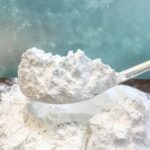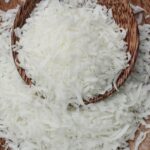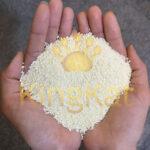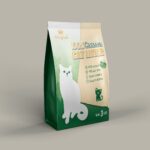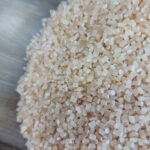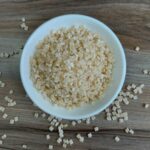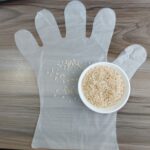CASHEW NUT SHELL OIL
Desiccated coconut is a highly sought-after ingredient in both the food and beauty industries, recognized for its wide range of applications. Whether you are a food manufacturer, baker, or simply someone who enjoys crafting delightful dishes at home, desiccated coconut offers both flavor and health benefits.
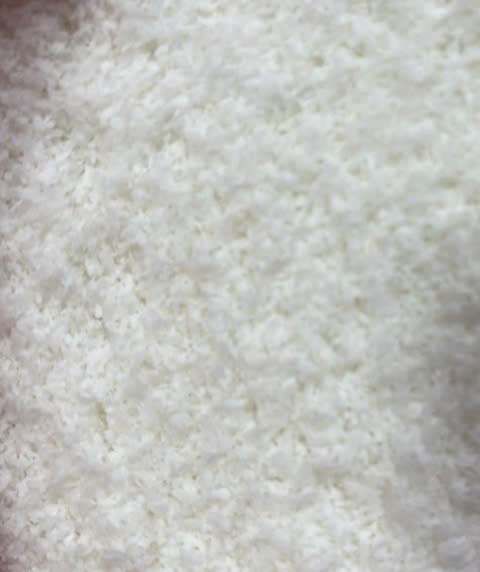
Fresh coconut is highly versatile and can be applied across multiple consumption channels:
- Direct drinking as a natural refreshment
- Serving in restaurants, hotels, and resorts
- Blending into smoothies, mocktails, and tropical drinks
For food service operators, fresh coconut reduces preparation time while delivering a unique, authentic tropical experience to customers.
Table of Contents
ToggleWhat is Desiccated Coconut?
Desiccated coconut is made by shredding the white flesh of mature coconuts and drying it to remove most of the moisture content. The result is a finely textured product that retains the natural, rich coconut flavor while providing a longer shelf life. Desiccated coconut can vary in texture—ranging from extra fine to medium grades—depending on the intended use in culinary or industrial applications.
Types of Desiccated Coconut:
- Full-fat desiccated coconut contains 63% fat, providing a richer, more flavorful option. It’s ideal for recipes that benefit from added creaminess, such as desserts and confections
- Low-fat desiccated coconut has reduced fat content and is often preferred by health-conscious consumers, especially in low-calorie baking or dietary products
Nutritional and Health Benefits
Desiccated coconut is a nutrient-rich product, containing healthy fats, dietary fiber, and essential minerals such as manganese and copper. These elements contribute to various health benefits, including better digestion, enhanced brain function, and improved cholesterol levels.
Moreover, coconut oil, which is naturally present in desiccated coconut, is high in medium-chain triglycerides (MCTs). These MCTs are easily digested and quickly converted into energy, making it a popular ingredient in keto and low-carb diets
Applications in Food and Industry
The versatility of desiccated coconut makes it a staple in kitchens and industries worldwide. Here are some of its most common uses:
Baking and Confectionery: Desiccated coconut is widely used in baking to enhance the texture and flavor of cakes, cookies, and pastries. It is a key ingredient in popular desserts like macaroons and coconut tarts.
Savory Dishes: In many Southeast Asian cuisines, desiccated coconut is added to curries, rice dishes, and salads to provide a distinct coconut flavor. It’s often toasted to add crunch and depth of flavor to savory dishes
Beauty and Wellness: The natural moisturizing properties of coconut make desiccated coconut a popular ingredient in body scrubs and skincare products. Its mild exfoliating properties help in skin renewal while leaving the skin hydrated and nourished
Quality Standards and Certifications
When sourcing desiccated coconut, it’s crucial to ensure that the product adheres to the highest food safety and quality standards. Many suppliers provide certifications like BRCGS (British Retail Consortium Global Standards), SQF (Safe Quality Food Certification), and FSSC 22000 for food safety. These certifications guarantee that the coconut products meet international food safety requirements
Additionally, organic certifications are available for desiccated coconut sourced from farms that practice sustainable agriculture, free from pesticides and synthetic fertilizers. This is especially important for customers in the health food industry
Conclusion
Desiccated coconut is a versatile ingredient that not only enhances flavor but also offers numerous health benefits. By ensuring you source your products from trusted suppliers, you can guarantee quality and sustainability in every use. Explore our range of coconut products today to elevate your recipes or product formulations.
For more information or to place an order, visit Abimex Group.

